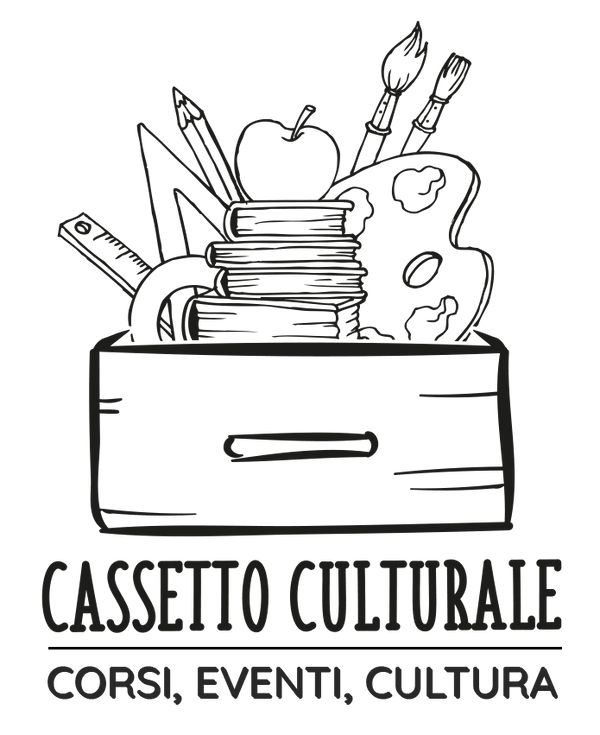
"To be or not to be": Shakespeare's eternal dilemma
🎭 "To Be or Not to Be": The Beating Heart of Shakespeare's Soul
William Shakespeare is not just the Bard of Stratford, but a poet who delved into the human soul with words that still resonate today. His famous monologue, "To Be or Not to Be," is a journey through doubt, pain, and hope.
📝 The most famous monologue (in original and translation)
To be, or not to be, that is the question:
Whether 'tis nobler in the mind to suffer
The slings and arrows of outrageous fortune,
Or to take arms against a sea of troubles
And by opposing end them.
To be or not to be, that is the question:
Whether it is nobler in the mind to suffer
The blows and arrows of an outrageous fortune,
Or arm yourself against a sea of troubles
And, by opposing them, put an end to everything.
🔍 What does this passage tell us?
- “To be or not to be”: the question reflects the deepest existential doubt: to live or to surrender to difficulties.
- “To suffer the blows of fortune”: Shakespeare speaks of the inevitable challenges of life that test the human soul.
- “Taking up arms”: this is a metaphor for actively fighting problems, even if it is often painful and risky.
🌟 Why is it still so powerful today?
Because it speaks to us of what we all know: pain, fear, hope. Shakespeare manages to touch on universal and timeless themes in just a few lines, making this monologue a mirror for every generation.
✨ Want to discover the English language and literature behind the great classics?
Cassetto Culturale organizes English language and literature courses
Cassetto Culturale organizes English language and literature courses
📜 Share this article with those who love words that live over time.
